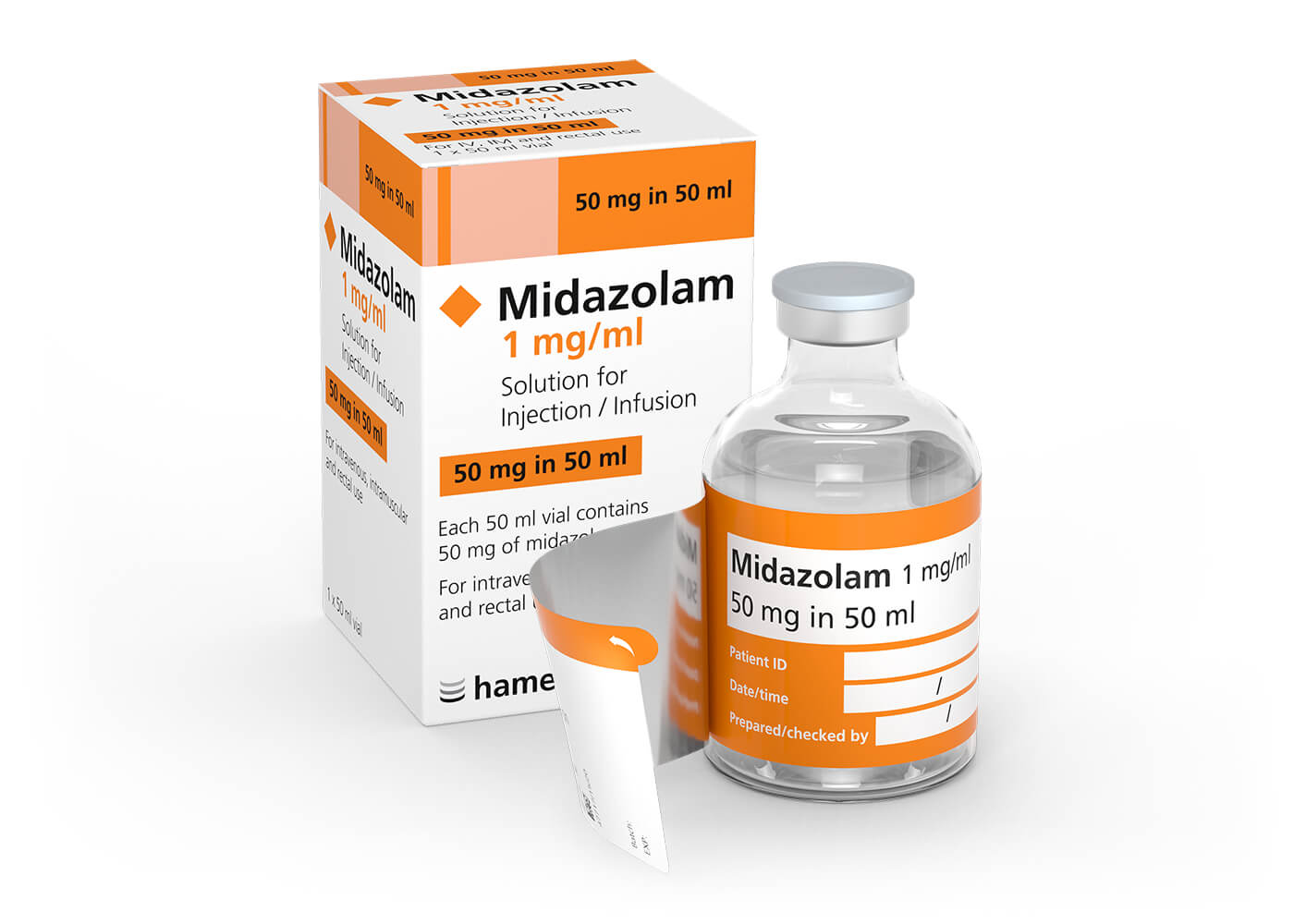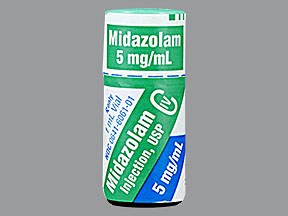
Without an “off” switch, the brain is massively excited and muscles in the body continuously contract and cannot relax. As a result, acetylcholine, the “on” switch, builds up in massive quantities in the brain and causes widespread nerve excitation & muscle contraction. When an individual is exposed to OPs, it blocks acetylcholinesterase, the “off” switch. Acetylcholinesterase essentially cuts up the acetylcholine into small pieces so that the muscles stop contracting.

When the body needs to stop contracting its muscles, another compound, called acetylcholinesterase, acts as the “off” switch. So, every time someone wants to walk-or breathe-acetylcholine is released, which acts as the “on” switch, and certain muscles are able to contract and facilitate movement. Acetylcholine is released at the junction between neurons and muscles, and this process allows the brain to tell muscles to contract. In a normal, healthy person, a chemical called acetylcholine acts as the “on” switch. These compounds interfere with brain chemicals that turn neurons and muscles “on” and “off.” How it works Organophosphate (OP) nerve agents, used as chemical warfare weapons in combat or as bioterror agents against civilians, have severe, fast-acting effects on the body.

Samba Reddy, PhD, RPh, a professor of Neuroscience and Experimental Therapeutics at Texas A&M College of Medicine, recently published two papers showing why current therapies are not able to break the chemically induced neuronal circuit that causes seizures and brain cell death-and what type of drug might be better. Research from neuroscientists at Texas A&M University may have key consequences for soldiers and victims of nerve agent attacks.


 0 kommentar(er)
0 kommentar(er)
